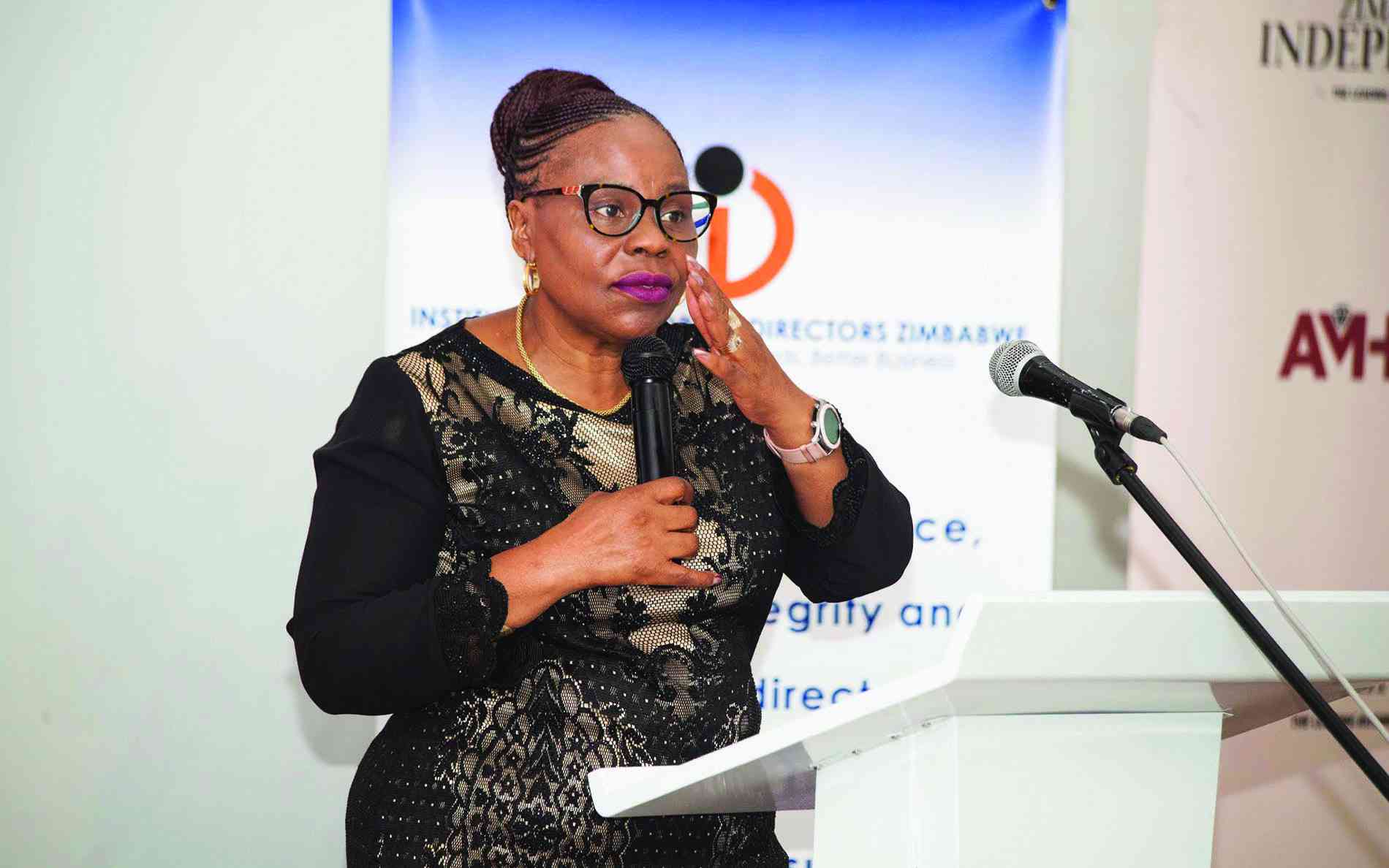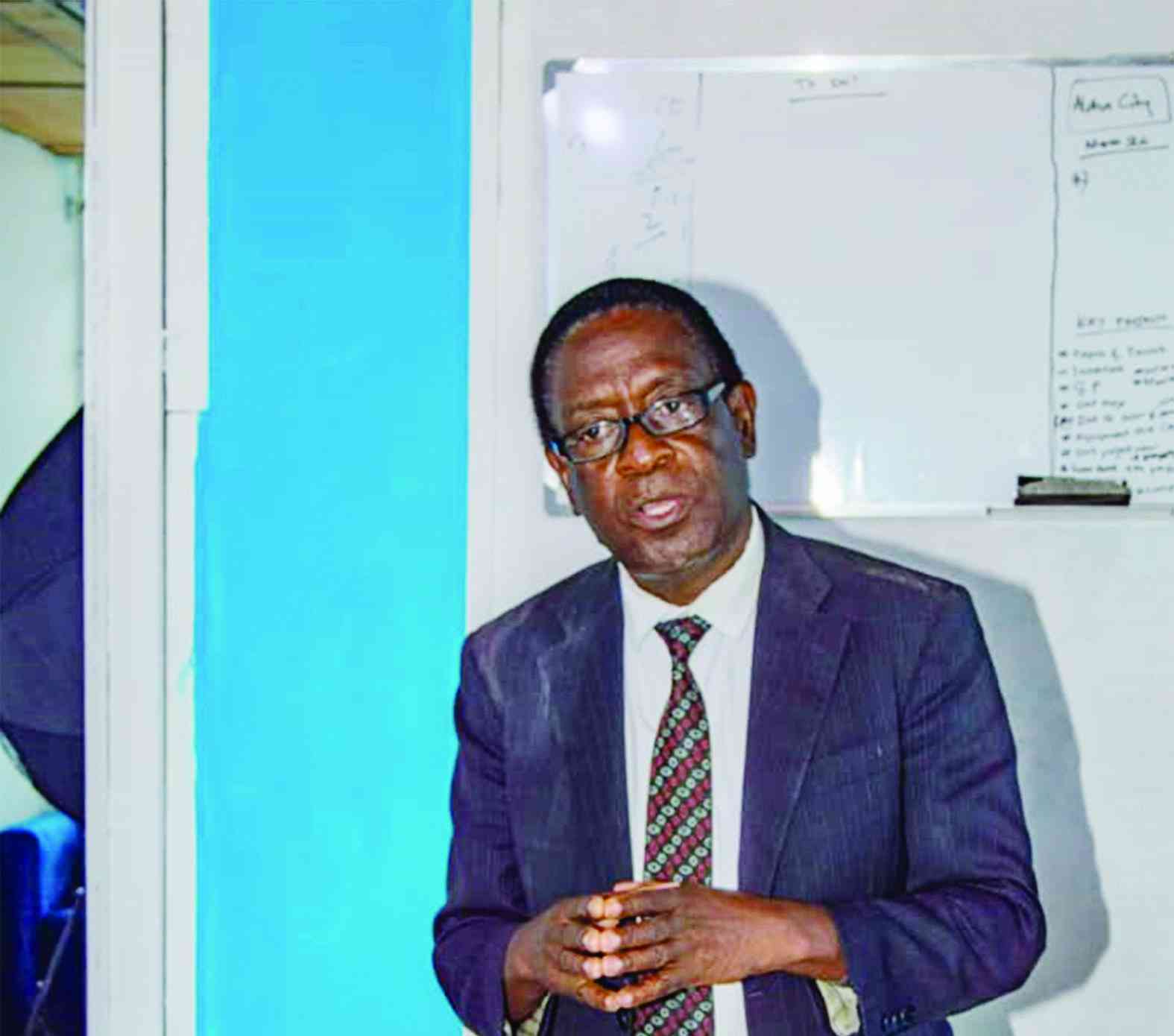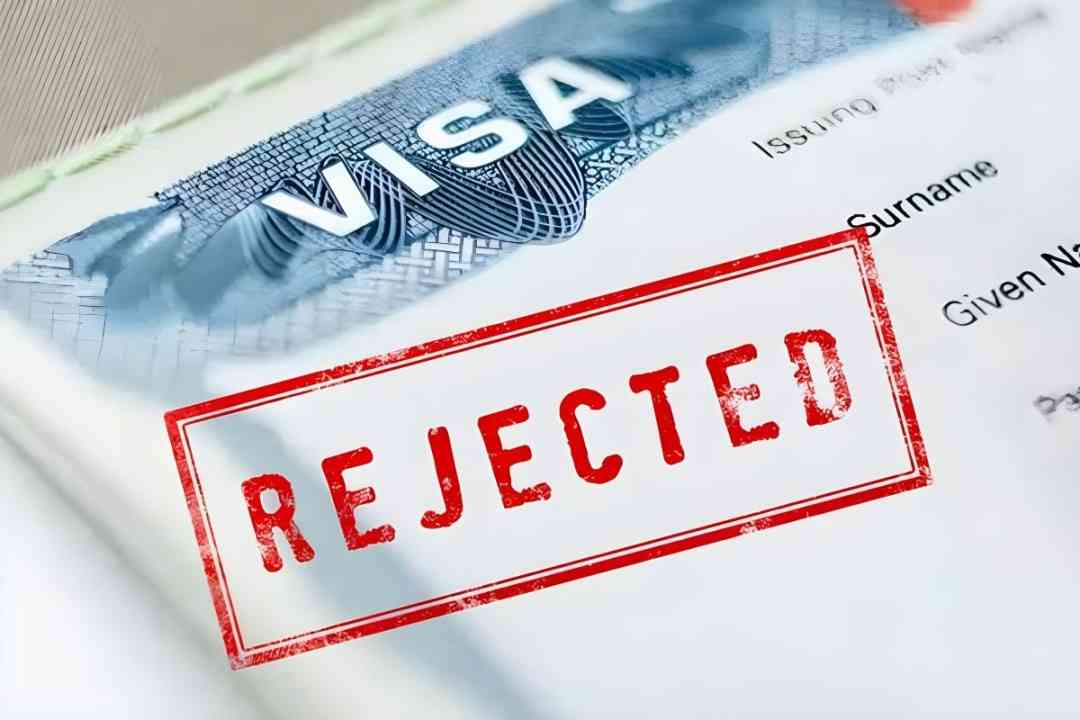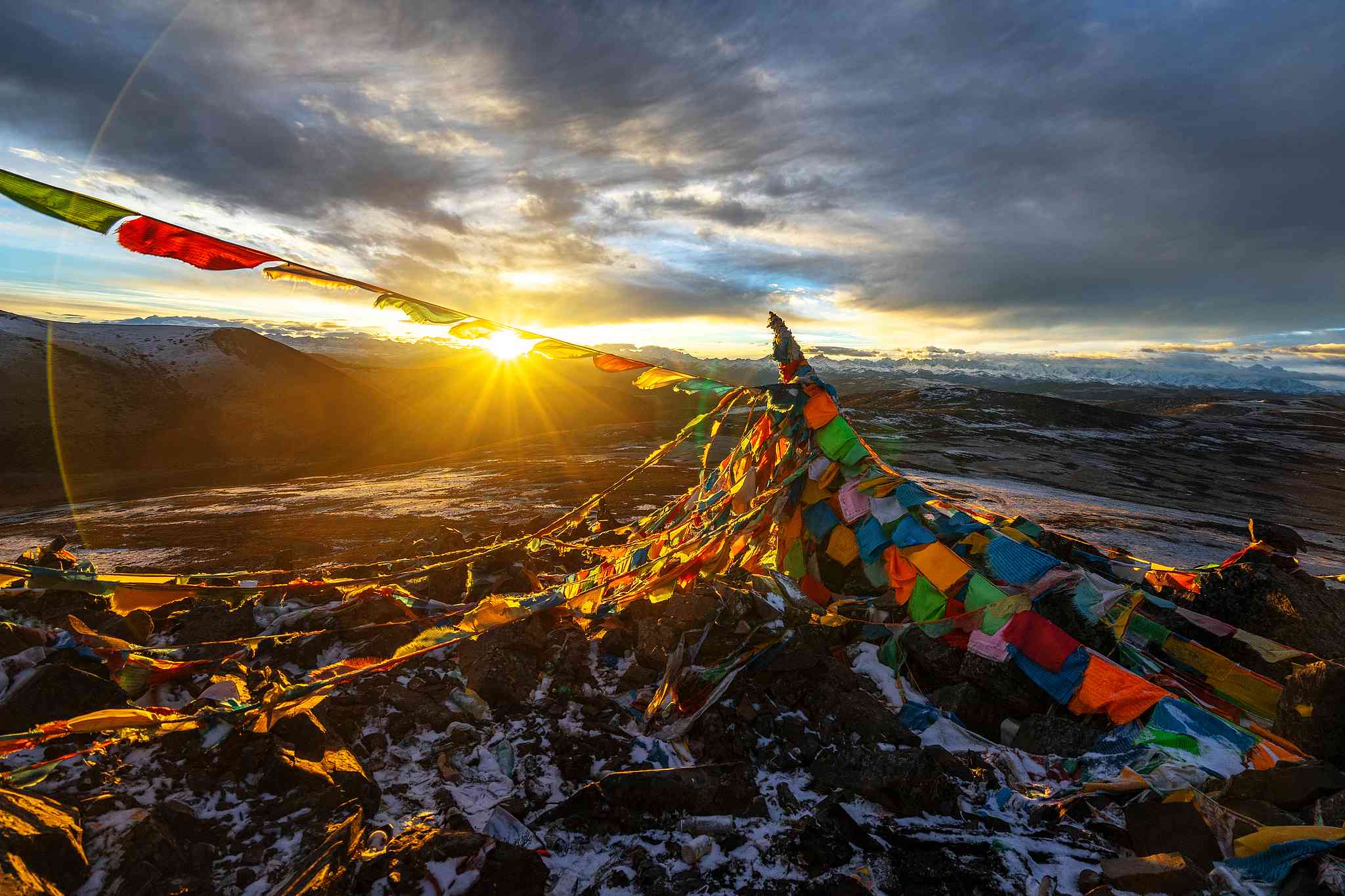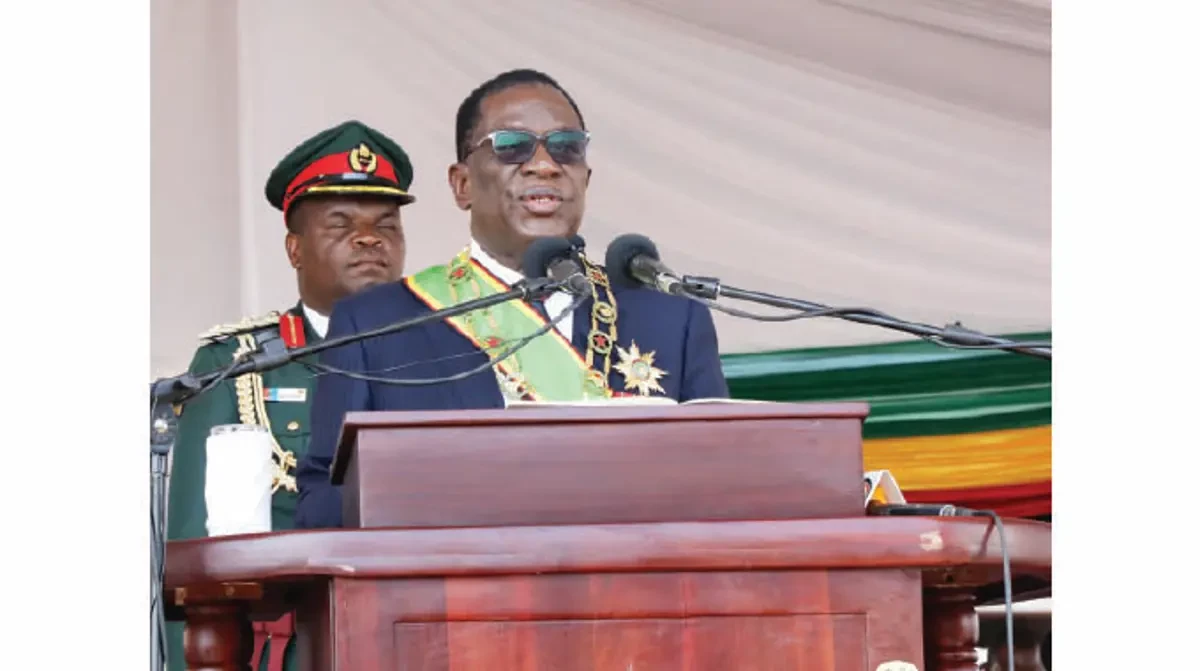
Z
IMBABWE commemorated Heroes and Defence Forces days early this week, but with a significant number of citizens not aware what these holidays are for and neither do they care.
This is problematic and has to be resolved if the country needs to safeguard its independence.
There are a few, but important lessons that have not been handed down new generations.
The first is: Zimbabwe got its independence through a protracted liberation struggle from 1966 to 1980.
This war was being fought against the minority Rhodesian government, where indigenous Africans were seen as second-class citizens within their own country of birth.
Linked to this is the question of majority rule.
It is an anathema to democracy that only a few can enjoy the benefits of a country while the majority languishes in poverty.
- Bryn Mteki back on the music scene
- Pakistan likely to dissolve CPEC Authority
- Bryn Mteki back on the music scene
- Marange shrine: A mating ground for child molesters
Keep Reading
This had to be rectified and open opportunities to all Zimbabweans.
Last but not least is the controlled and half-truths shared about the liberation struggle. This war was a people’s war.
There were thousands who went and bore arms, there were millions who supported the liberation struggle by offering the combatants clothes, food, shelter and providing intelligence on the whereabouts of Rhodesian security agents.
This was a people’s war. It shall remain a people’s war. It had ethics that are expounded in the song Nzira Dzamasoja. How many leaders and war veterans are still living by the values espoused in the song?
Probably, the starting point is to have a true story of the liberation struggle.
That it was a war waged by Zimbabweans from different political persuasions and some did not even have political identities, it becomes fact then that we had Zipra, Zanla, Frolizi and Zipa.
It is also a fact that many who were at the forefront like Ndabaningi Sithole, Dzinashe Machingura, Dambaza Chikerema and Tichaona Mudzingwa were never recognised as war heroes by the Zanu PF politburo after their deaths.
This was a travesty of justice and the ethos of the liberation struggle.
Political differences should never be used to rewrite or revise our history.
Many of today’s youths would not know names such as Josiah Magama Tongogara, Dumiso Dabengwa, Jason Moyo, Kudzai Midzi, Rugare Gumbo, Nikita Mangena, William Ndangana, Herbert Chitepo, Leopold Takawira, Josiah Chinamano, Joseph Culverwell, Ndabaningi Sithole, Robson Manyika, Edgar Tekere, Maurice Nyagumbo, Sydney Malunga and Benjamin Burombo, just to mention a few, as stalwarts of the liberation struggle.
These and many other names have been deliberately and systematically removed from history texts.
Many would actually think that Robert Mugabe and Emmerson Dambudzo Mnangagwa fought the struggle single-handedly and probably to an extent Christopher Mutsvangwa.
The glorious exploits like the Zipra battles of Sipolilo and Wankie are never mentioned or the downing of the Viscount plane on its way to Kariba.
It is true that history is the view and narrative of the victor.
However, no efforts should be put to stop alternative views of the struggles to be shared.
Very few have read Nyagumbo’s memoirs, Tekere’s memoirs or Joshua Nkomo’s book.
These books have been suppressed and never reviewed in the State-controlled media.
Nevertheless, these are our stories of Zimbabwe’s history and should be circulated and curated.
The values of the liberation struggle have been trampled upon left, right and centre.
We have leaders who celebrate and promote capitalism, corruption, nepotism and all the other ills the liberation struggle was about.
Things got more messy when we have slogans like “vene vayo” that are not fully explained, but we see politically-connected tenderpreneurs growing filthy rich and not even ashamed to flaunt their ill-gotten wealth.
It is easy to conclude that these tenderpreneurs and their handlers are the so-called “vene vayo”.
It has to be reminded that Zimbabwe is our country too.
I mean those who fought for the liberation, those who supported the struggle and even those born after the struggle have to feel being also owners, “vene vayo” too.
This can be done by simply ensuring that all Zimbabweans enjoy the fruits of the liberation struggle; that citizens can enjoy their freedoms, disagree with their government or even choose other leaders whom they think can make them realise their dreams or deliver the promises of independence.
It is a misnormer that 44 years after independence, the leadership opens to the reality that the majority of war veterans and war collaborators are living in squalor and have no access to health or can they send their children to school.
Mnangagwa in his Heroes Day speech said: “The Veterans of the Liberation Struggle Affairs ministry is expected to increase the visibility and awareness of their programmes, inclusive of the benefits accruing to our veterans of the liberation as well as their dependants.”
He added: “In addition, many injured war victims should be registered and compensated appropriately. The majority of widows of our heroes are not aware of their benefits and some children are not in school and do not receive medical attention. We are, therefore, running awareness campaigns throughout the country, and requests for assistance are being received.”
This statement did not tell the full story. It is a fact that war veterans were paid demobilisation money soon after independence.
It is also a fact that war veterans were paid lump sum Z$50 000 (US$4 300 at the time) gratuities in November 1997 and receive monthly pensions.
It should also be stated that there is a fund within their ministry which pays school fees for their children.
Furthermore, they got land under the fast-track land reform programme at the turn of the new millennium.
I am not sure if it is selective amnesia or genuine oversight that Zimbabwe had a war veterans compensation fund that was looted dry by the elite and nothing happened to them.
War veterans are respected and should be respected, but their needs are the same as those of the ordinary citizens.
It is the State that should make ordinary citizens feel they are Zimbabweans too and can proudly say “Zimbabwe is our country too”.
One, last point: Patriotism is not expressed in words and slogans, but by deliberate actions.
A people who feel their security services offer them protection, their country offer them rights and opportunities are far more inclined to love their country. No hungry person has good memories of their homes.
Government should acknowledge the deliberate actions that it did that alienated the people, that caused divisions and delusions.
All Zimbabweans should feel good about their country and see their hopes of independence being fulfilled so that we can all loudly, clearly and proudly call: “Zimbabwe is our country too”.
Our 44th Heroes Day commemorations are marking a milestone in that we are conferring medals to a total of 184 310 veterans of the liberation struggle who include 56 681 war veterans, 7 839 ex-political prisoners, detainees and restrictees, 110 374 war collaborators and 9 990 non-combatant cadres.
- Paidamoyo Muzulu is a journalist based in Harare. He writes here in his personal capacity.

